Get the latest recap of JSE news in the Ghost Wrap podcast, brought to you by Mazars:
Bidvest to acquire Citron and sell its financial services business (JSE: BVT)
This is a clear sign that the group is focusing on its core strengths
Let’s start with the acquisition news, which gives you an idea of where Bidvest is focusing.
Bidvest has announced a small deal to acquire 100% of Citron Hygiene, a washroom hygiene products and services business operating in the US, Canada and UK. The company is headquartered in Canada. This type of business is obviously very familiar to Bidvest, so this is a classic example of a known model into underpenetrated markets, which is less risky than a new model in new markets.
It also helps that 90% of the revenue is recurring in nature, with a customer base across a range of sectors. This helps to further de-risk the deal.
There are many growth drivers for this business, with one of the more interesting ones highlighted by Bidvest being legislation around free vending of menstrual products in washrooms in North America. The total addressable market is very large, which gives Citron an appealing growth runway without them having to step beyond their core competencies.
The sellers include Birch Hill Equity Partners, so the company has already been under formal ownership in the private equity sector. This will be part of why Bidvest feels comfortable buying the company, as the pain of getting it exit-ready has already happened.
The transaction will be fully funded from the variable rate revolving credit facility. Although Bidvest hasn’t disclosed the value of the deal, they note that the group is moderately geared. In other words, this shouldn’t put any strain on the balance sheet, as you would expect from what is essentially a bolt-on acquisition.
The deal is subject to UK Competition and Markets Authority approval, which is expected within five months of submission.
We now move to the disposal news, with Bidvest deciding to step away from the financial services business. Strategically, this makes sense. The financial services business has never been a great strategic fit for Bidvest, so investors tend to get confused rather than excited by the opportunities that it brings. As a general rule, investors prefer groups that are more rather than less focused.
With banking and related products and services offered through Bidvest Bank and FinGlobal, along with short- and long-term insurance products through other Bidvest entities, this is a significant operation that has performed well in the post-pandemic environment. Although this may raise the question of why Bidvest is selling this division, it’s important to remember that the right time to sell a business is when the performance is good, not when the trajectory is negative.
The financial services business needs the right owner, as Bidvest is planning to deploy its capital elsewhere – like in the Citron deal. It’s no accident that the acquisition has been announced on the same day as the plan to dispose of the banking business.
Interestingly, Bidvest wants to hang onto the short-term insurance business, which will be transferred to the automotive division within Bidvest. The previously announced disposal of Bidvest Life is still underway. The change going forward is that Bidvest will actively seek a buyer for Bidvest Bank and FinGlobal, with the hope of an acquirer being identified before the end of 2024. Banking licences and operations are expensive to put together from scratch, so I doubt they will struggle to find a buyer.
For reference, Bidvest Bank has a loan book of R5 billion and deposits of R8 billion. Operating income in FY23 was R219 million, so this is a profitable enterprise that should attract a decent offer. It’s going to take a while to conclude a deal and go through all the regulatory processes, but the eventual unlock of capital from a disposal will certainly help with Bidvest’s growth ambitions in the remaining six divisions in the group.
Will Brikor be leaving the JSE? (JSE: BIK)
The directors are considering a delisting
With a market cap of barely over R100 million, Brikor is one of the smaller companies on the JSE – but by no means the smallest. The trend of small caps leaving the market looks set to continue, with Brikor as the latest example of a company that is considering a delisting.
After the recent deal activity with Nikkel Trading, there’s not much point in Brikor remaining listed. The future of the company lies with Nikkel as the controlling and potentially sole shareholder if they go ahead with the delisting.
Although there is no guarantee of a transaction here, the board is seriously considering proposing a scheme of arrangement to repurchase the shares not held by Nikkel. This would take out the public shareholding and lead to a delisting. Shareholders have been advised to exercise caution until further announcements are made.
NEPI Rockcastle to exit Serbia (JSE: NRP)
The group is looking to focus its activities on countries with an investment grade rating
Credit ratings make a difference to the level of activity in a country, as they directly impact the cost of capital. Serbia is only slightly below investment grade, but that seems to be enough for NEPI Rockcastle to want to exit the market. For comparative purposes, Poland is an investment grade jurisdiction and a major focus area for the fund.
The selling price is €177 million and the net proceeds will be used to fund NEPI Rockcastle’s pipeline of acquisitions and developments. Before getting their hands on the money, they will need to get through various approvals ranging from competition authorities through to bank funding for the purchaser.
If the deal goes through as planned, NEPI Rockcastle would have no further operations in Serbia.
Texton has sold down its exposure in the US investment fund (JSE: TEX)
The right thing to do would be share buybacks, but I won’t hold my breath
During 2023, Texton decided that instead of buying back its shares trading at a deep discount to NAV, it would be better to invest in a US-based real estate fund. This practically turns Texton into a fund-of-funds strategy in terms of offshore exposure. Although the returns on the investment have proven to be lucrative in rands, the point is that Texton’s investors aren’t invested in the company because they want exposure to a US real estate fund. They can get that exposure themselves. Texton should be executing direct property opportunities or giving the money back to shareholders in the form of buybacks.
Perhaps some of this thinking is filtering through, with Texton selling down a portion of the investment in Blackstone Real Estate Income Trust. They will recycle capital of R110 million in the process vs. an initial acquisition price of under R92 million. Together with distributions, they achieved a total return on the investment of 31.05%.
For sure that’s a great return, but the point is that listed property funds don’t exist just to invest in other offshore property funds. It could just as easily have been a poor return if the rand had behaved differently. Don’t make the mistake of confusing a lucrative investment outcome for a great capital allocation culture.
The decision they make with the proceeds will tell us a great deal, with Texton noting that they will be “recycled in line with the group’s offshore investment strategy” – and sadly, that doesn’t sound to me like share buybacks.
Little Bites:
- Director dealings:
- A director of Argent Industrial (JSE: ART) sold shares worth over R1.1 million.
- A director of Copper 360 (JSE: CPR) bought shares worth R101k.
- The CEO and founder at Cilo Cybin (JSE: CCC) bought shares worth R3k.
- Salungano (JSE: SLG) renewed its cautionary announcement relating to the voluntary business rescue of Wescoal Mining and the commencement of business rescue proceedings at Keaton Energy. The meeting for the business rescue plan for Wescoal is scheduled for 12 July. It’s not so simple at Keaton, where the business rescue application was initially dismissed and there’s also a provisional liquidation process underway, led by one of Keaton’s creditors. Obviously, none of this is good.
- Telemasters (JSE: TLM) has declared a dividend of R0.001 per share. On a share price of R1.10, that’s a tiny yield.



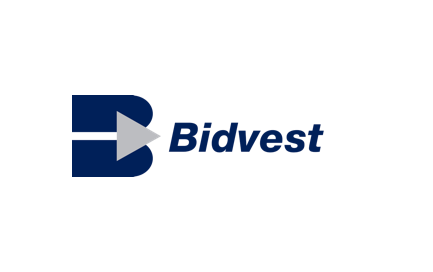
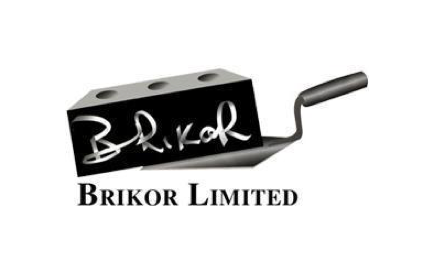
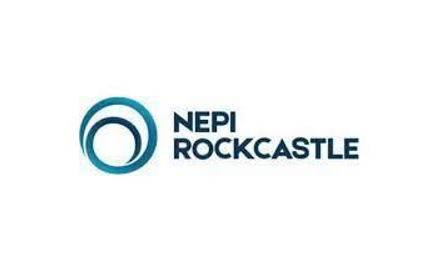
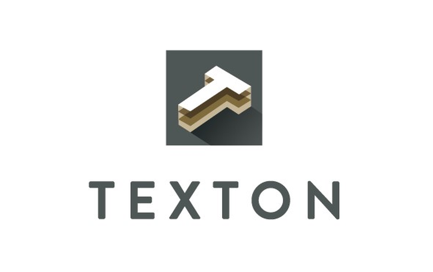
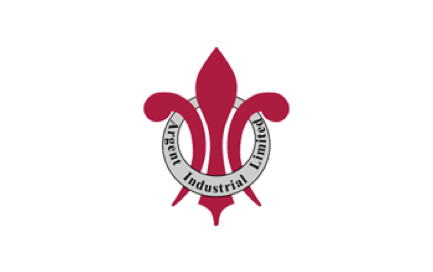


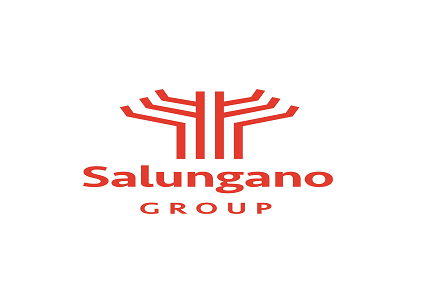



Since Old Mutual would like to start a bank, maybe Bidvest Bank could be a good starting point for them.